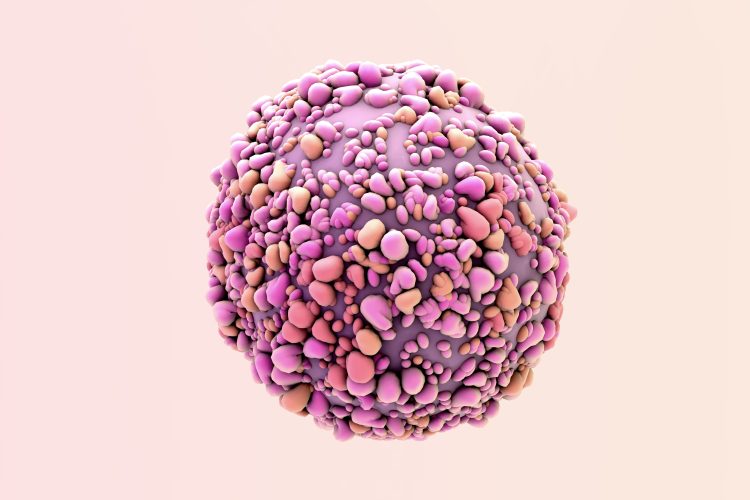Breast cancer genetic variants in women of African ancestry
Posted: 15 May 2024 | Drug Target Review | No comments yet
Researchers identified variants in three loci that were associated with risk of triple-negative breast cancer.

Led by the Vanderbilt-Ingram Cancer Center, researchers have conducted the largest genome-wide association study among women of African ancestry for breast cancer, identifying some of the genetic variants that make breast cancer more fatal for these individuals. This study greatly lessens the disparity in knowledge for assessing their genomic risk factors.
The team analysed 18,034 cases and 22,104 controls of African ancestry and found genetic variants at 12 loci associated with breast cancer risk at the genome-wide significant level. Variants in three loci were associated with risk of triple-negative breast cancer (TNBC), the more aggressive subtype that women of West African ancestry are more likely to develop compared to women of other ethnic backgrounds. Approximately eight percent of African-ancestry women carry all six risk variants in these loci, and these women are 4.2 times more likely to be diagnosed with TNBC than those who carry none or only one of the variants.
The new data put women of African ancestry on a more equitable status with women of European and Asian ancestry for deriving breast cancer polygenic risk scores (PRS). The performance of the prediction of breast cancer risk for women of African ancestry was greatly improved when the newly identified genomic markers were included in the PRS analyses.
Corresponding author Dr Wei Zheng, from the Anne Potter Wilson Professor of Medicine and director of the Vanderbilt Epidemiology Center, stated: “We have worked with researchers from more than 15 institutions in the US and Africa to establish this large genetic consortium. Data put together in this consortium have been and will continue to be used by researchers around the world to address significant questions related to breast cancer etiology and genetics,”
This study was published in Nature Genetics.
Related topics
Cancer research, Genetic Analysis, Genomics, Oncology
Related conditions
Cancer Research, triple negative breast cancer (TNBC)
Related organisations
Vanderbilt-Ingram Cancer Center
Related people
Dr Wei Zheng (Vanderbilt-Ingram Cancer Center)






